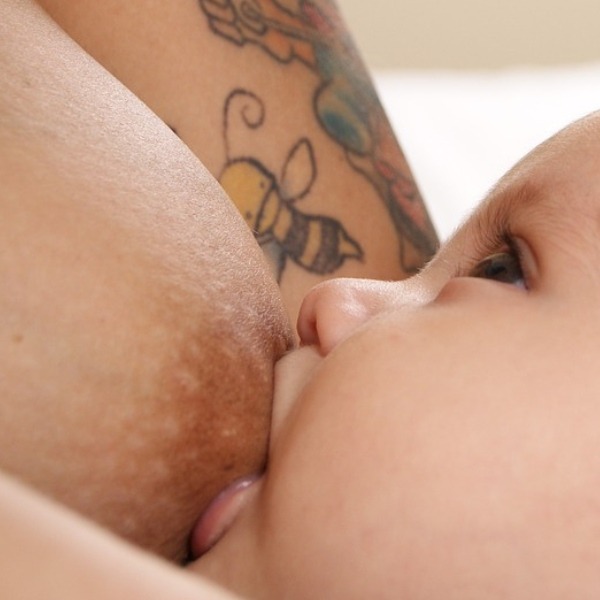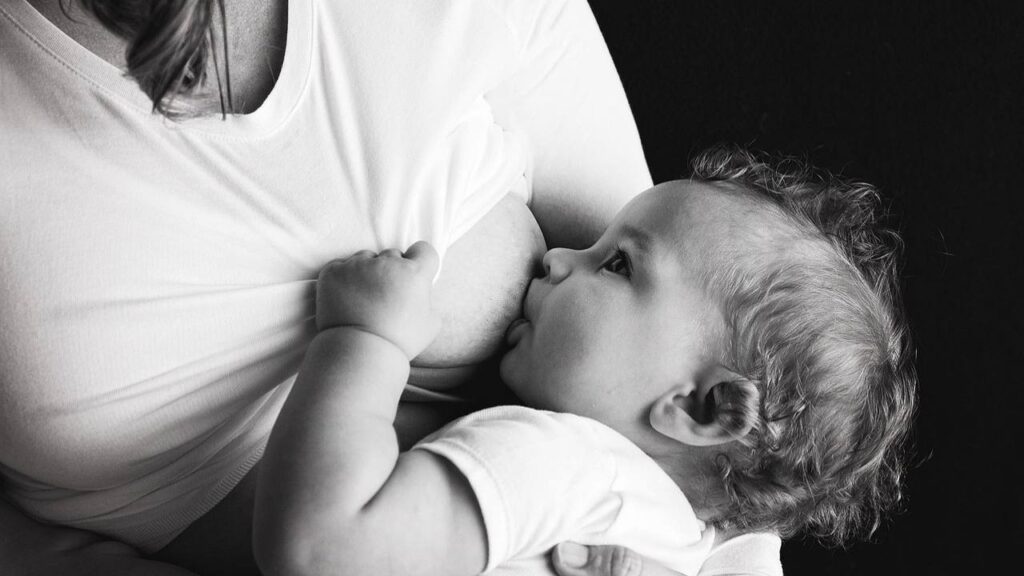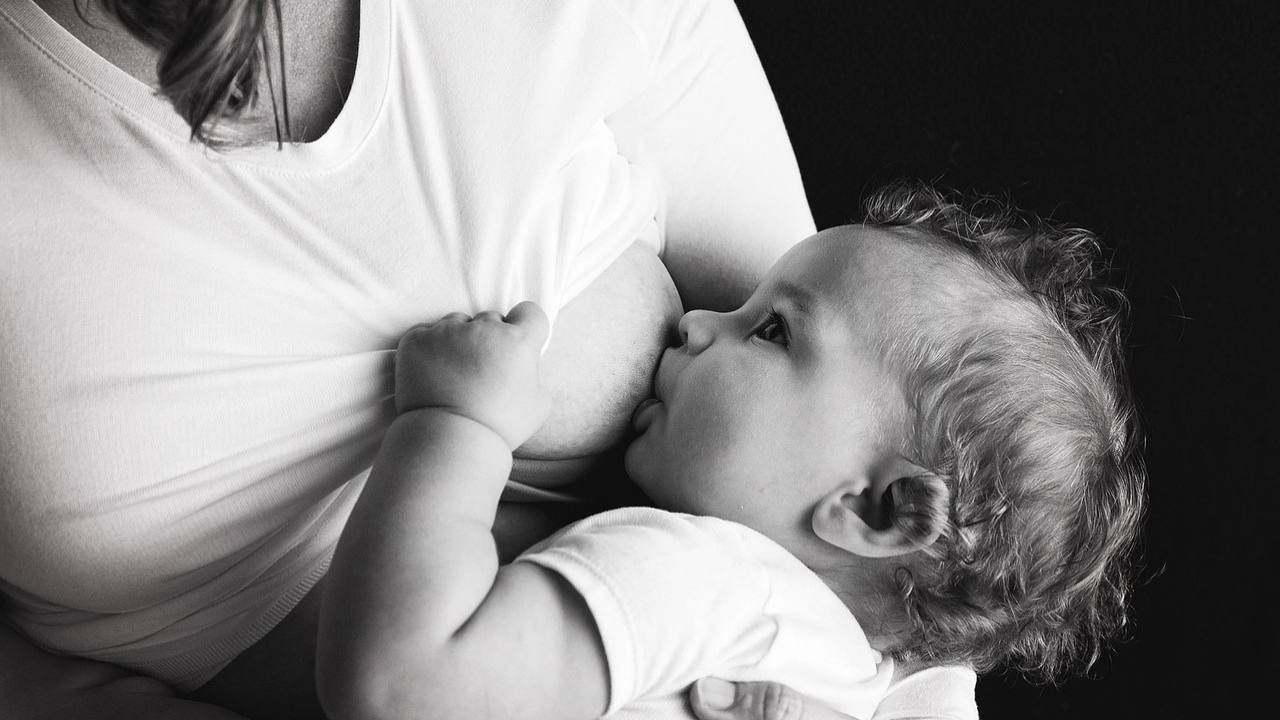Breastfeeding provides essential nourishment for your baby’s growth and development. But have you ever wondered, does eating unhealthy affect breast milk? While your body works hard to maintain the quality of breast milk for your baby, your diet plays a crucial role in determining nutrient levels, milk supply, and your overall health.
This guide explores the connection between an unhealthy diet and breastfeeding, shedding light on what every nursing mother needs to know.
How Does Eating Unhealthy Affect Breast Milk? 7 Essential Facts

1. Breast Milk Reflects Maternal Nutrition
Your body ensures your baby gets nutrients from your milk, but if your diet lacks balance, certain vitamins and minerals might be reduced.
- Essential vitamins like A, D, and B-complex are directly affected by your intake.
- Beneficial fats that support brain development may also decrease.
Including nutrient-rich foods like whole grains, fresh produce, and lean proteins helps maintain milk quality and meets newborn nutritional needs.
2. An Unhealthy Diet Can Impact Energy Levels
Producing breast milk demands significant energy. Consuming processed or sugary foods might leave you feeling fatigued, potentially affecting your breastfeeding routine.
- Opt for energy-boosting snacks like nuts, seeds, and fresh fruits.
- Drink plenty of water to support milk production and hydration.
3. Some Substances Can Transfer to Breast Milk
Certain components of your diet may pass into breast milk, potentially affecting your baby’s digestion or comfort. Examples include:
- Excessive caffeine, which can disrupt your baby’s sleep.
- Spices or foods that might cause digestive discomfort.
Minimizing these foods ensures your baby’s digestion remains smooth and stress-free.
4. Healthy Fats Promote Brain Development
Fats such as omega-3s are critical for your baby’s cognitive and visual development. A diet lacking in these healthy fats could affect their presence in breast milk.
- Include fatty fish like salmon, chia seeds, and walnuts in your meals.
- Avoid trans fats and processed snacks that provide empty calories.
5. Unhealthy Eating Can Lower Milk Supply
Although your body prioritizes milk production, consistently neglecting nutrition might impact your supply over time.
- Avoid skipping meals or relying solely on fast food.
- Consume a balanced diet to meet your energy and nutrient needs while supporting lactation.

6. Antioxidants Enhance Milk’s Benefits
Antioxidants in breast milk help boost your baby’s immune system and protect against oxidative stress. A poor diet may reduce these protective properties.
- Add antioxidant-rich foods like blueberries, spinach, and green tea (moderately) to your daily meals.
7. Recovery Post-Delivery Relies on Nutrition
Breastfeeding mothers need proper nourishment to recover after delivery. Poor dietary habits can delay recovery and reduce overall energy.
- Incorporate iron-rich foods like lentils and spinach to prevent fatigue.
- Calcium-rich options like dairy and almonds help strengthen bones and teeth.
Unhealthy Eating and Breastfeeding: Foods to Limit
While no single food is entirely off-limits, certain items should be limited for better breastfeeding outcomes:
- Sugary snacks and sodas that provide little nutritional value.
- Highly processed foods with additives or preservatives.
- Caffeine and alcohol should be consumed sparingly.
Healthy Diet Tips for Nursing Mothers
Adopting these habits ensures your baby gets the best nutrients through your breast milk:
- Eat balanced meals: Incorporate vegetables, lean proteins, healthy fats, and whole grains.
- Stay hydrated: Drink water throughout the day, especially after feeding sessions.
- Monitor portions: Avoid overeating but ensure you’re meeting increased calorie needs during breastfeeding.
- Include supplements if needed: If your diet lacks specific nutrients, consult a doctor for advice.
Does Eating Unhealthy Affect Breast Milk Supply?
While your body can compensate to protect milk production, an unhealthy diet can affect long-term supply. Consistently skipping meals or relying on junk food may lead to reduced energy and nutrient deficiencies.
- Focus on regular, wholesome meals to support milk flow.
- Foods like oatmeal, spinach, and garlic are known to enhance lactation naturally.
Conclusion
Does eating unhealthy affect breast milk? While your body works hard to provide for your baby, a poor diet can influence the quality of nutrients in your milk and your own health. A balanced, nutrient-rich diet is vital for maintaining energy, promoting recovery, and ensuring your baby receives optimal nourishment. By making mindful food choices, you support your baby’s growth and set the foundation for a healthier breastfeeding journey.
FAQ’s
Does eating unhealthy affect breast milk quality?
Yes, an unhealthy diet can reduce levels of essential nutrients like omega-3 fatty acids and vitamins A and D in breast milk.
What are the best foods to eat while breastfeeding?
Incorporate foods like leafy greens, lean proteins, whole grains, nuts, and dairy to ensure a nutrient-dense milk supply.
Can junk food harm my breastfeeding baby?
Occasional indulgence is fine, but excessive consumption of junk food may reduce nutrient quality and impact your energy.
How does diet influence milk supply?
A balanced diet supports steady milk production, while poor eating habits may lead to reduced energy and impact supply over time.
What should I avoid eating while breastfeeding?
Limit processed foods, sugary snacks, caffeine, and alcohol to maintain milk quality and support your baby’s digestion.





Pingback: How Much Breastmilk is Good for Baby? 7 Essential Facts